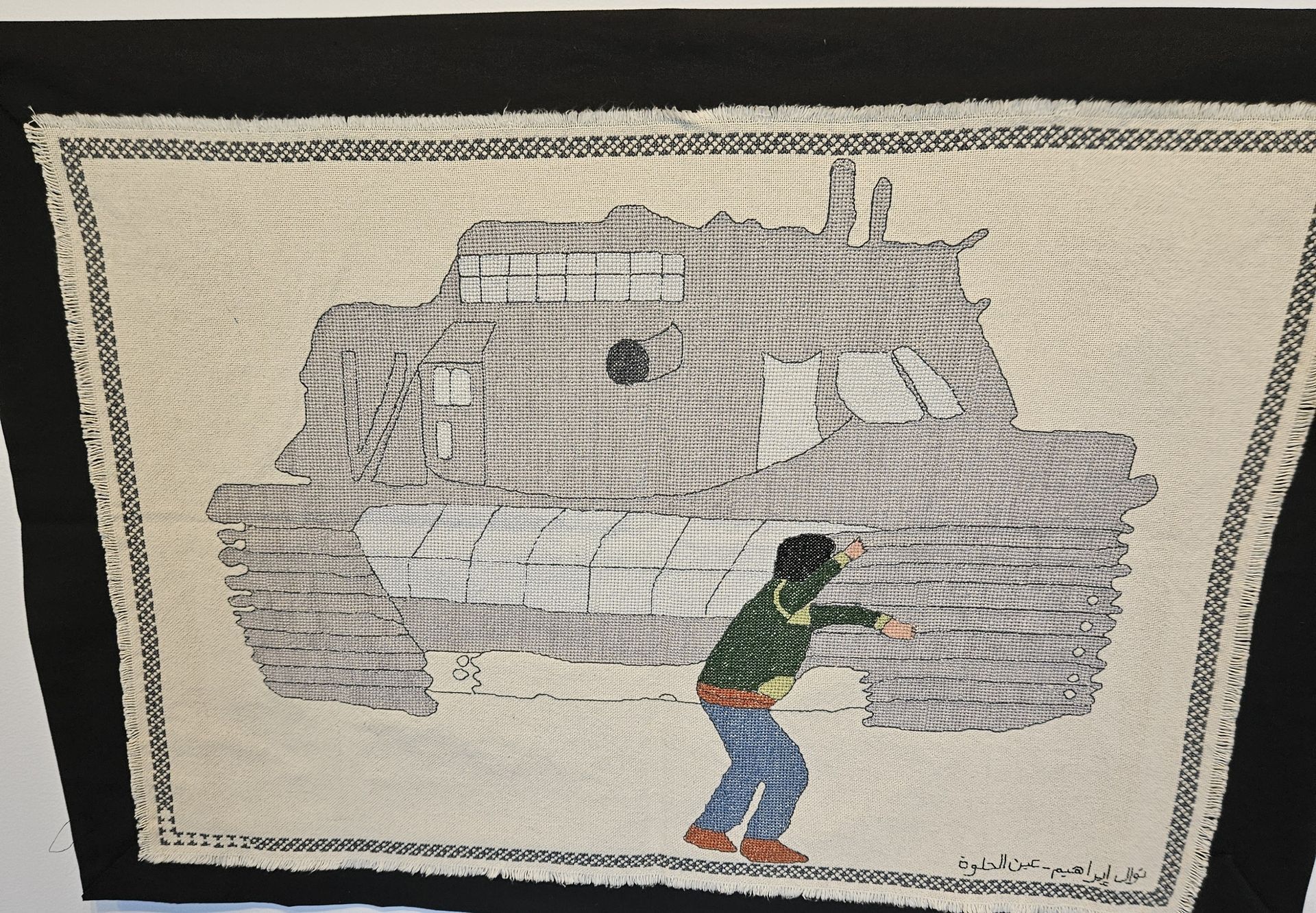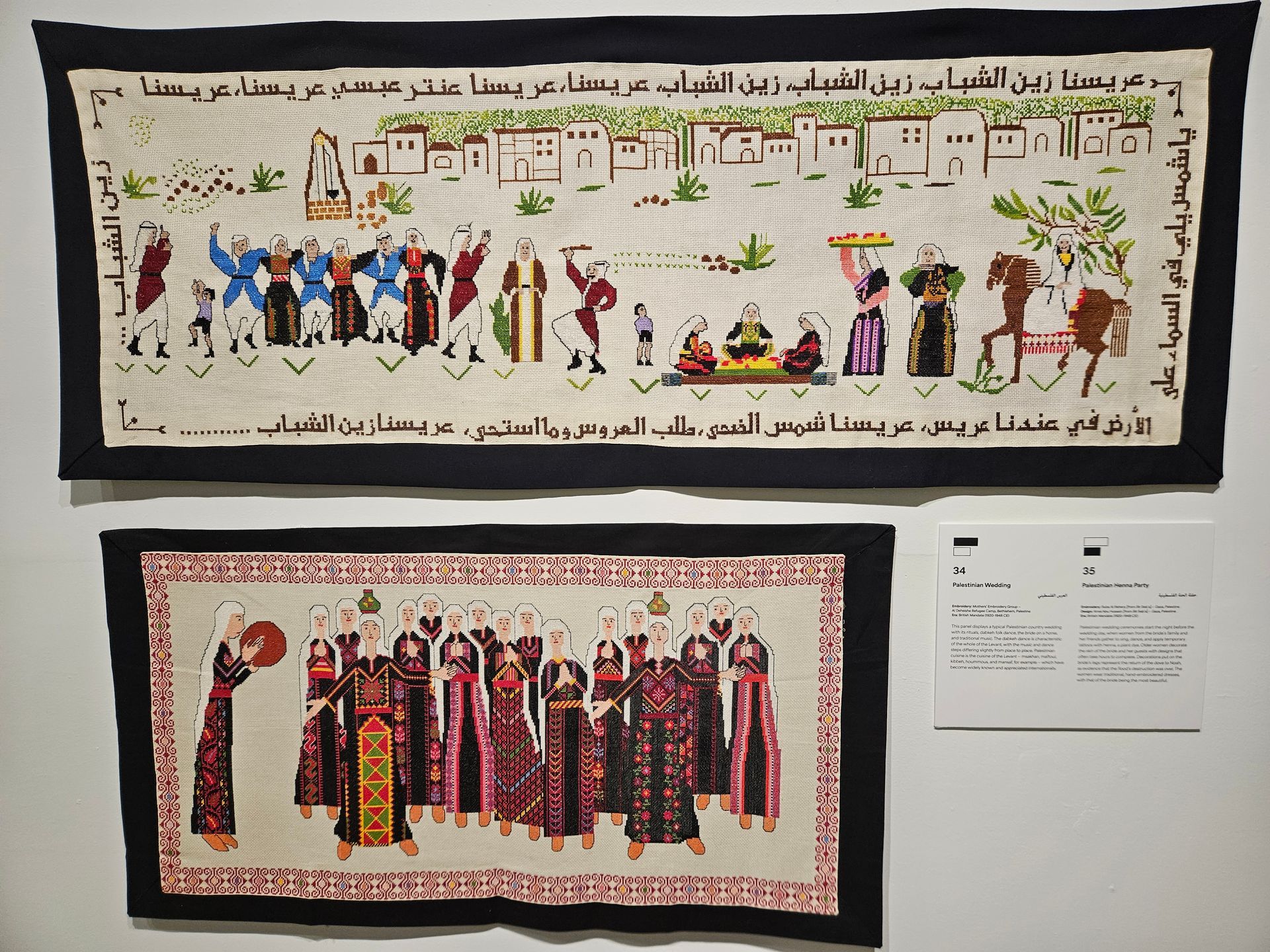
"No longer ... servants, .... I have called you friends." Gospel of John 15:15
It startles me that so little Christian Theology is written about friendship. We have many volumes explicating "love" in its many forms. Various books unravel our obligation to the neighbour as we live out the Great Commandment. But try to develop a bibliography on friendship and you won't have to buy much note paper to write it out.
There is Martin Marty's slender volume, Friendship,
written in 1980. And Pauline Webb has just written a World Council of Churches' RISK series book on Celebrating Friendship.
At our public library I discovered Lillian B. Rubin's Just Friends
a rich resource.
Rubin interviewed 300 men and women about their friendship. She reports:
The results of my own research are unequivocal: At every life stage between twenty-five and fifty-five, women have more friendships, as distinct from collegial relationships or workmates, than men, and the differences in the content and quality of their friendships are marked and unmistakable.
I hunch that male readers will not find this conclusion surprising. Sharing ourselves, risking vulnerabilities, giving emotional support, and being a nurturing person are not things we do easily.
That is not to say that men don't have friendships. But when pressed, about 80%, according to Rubin, would describe relationships that had more to do with shared activities
- doing things - than with shared meaning
and feeling,
that is, with being. "Most men have 'friends of the road'," says Rubin, "not 'friends of the heart', while most women have both."
I also hunch that one of the consequences of these facts is that men have fewer outlets for their pent up frustrations, fears, and anger and are therefore more inclined to express these emotions in aggressive behaviour. Look at the murder statistics: in 1987 at least 80% of Metro Toronto's 60 murders involved male suspects; only 6% were known to have been committed by females. Go to a mass gathering of people and you'll find the young males drinking, hurling epithets, and finally starting fist fights. And there is no need to spend much time analyzing the power struggles of business competition and the ultimate aggression of war. We know these are heavily male-dominated enterprises.
Jesus' opting away from master-servant relationships is, to me, a rejection of that power over
and power against
which undermines friendship. For Christians, friendship is commended by both Christ's authority and our human experience. As Martin Marty put it in his inimitably flip but significant way, "Being friends is still one of the best non-governmental and low-budget ways of preparing for relations in the larger world."
A focus in ministry
In parish ministry we could do much worse than foster friendship where people can share honestly, caringly, and generously. In my local church, a group of six men has been meeting for lunch after Sunday worship once a month for the past two years. Aside from lunch, there is no prescribed agenda. We talk with each other about our work, our family, our ethical struggles, our fears and hope. We are beginning to care about each other, to be honest, to allow ourselves to share those things that make us vulnerable, and to identify our joys and sorrows.
In short, we are learning to be friends!
We sense that our gathering is a very human activity, one we feel other men in our church might value.
Fostering friendship is a ministry that many of us male ministers will need to take time to learn. But learning it - experiencing it - could result in rewards that are both personal and far reaching, for Christ's sake and for humanity.
For further reference:
Rubin, Lillian B., Just Friends, the role of friendship in our lives, Harper & Row, 1985
Marty, Martin, Friendship,
Argus Communications, 1980
Webb, Pauline, Celebrating Friendship,
W.C.C. Risk Series, 1987
The New Internationalist
magazine, #175, Sep. 1987


